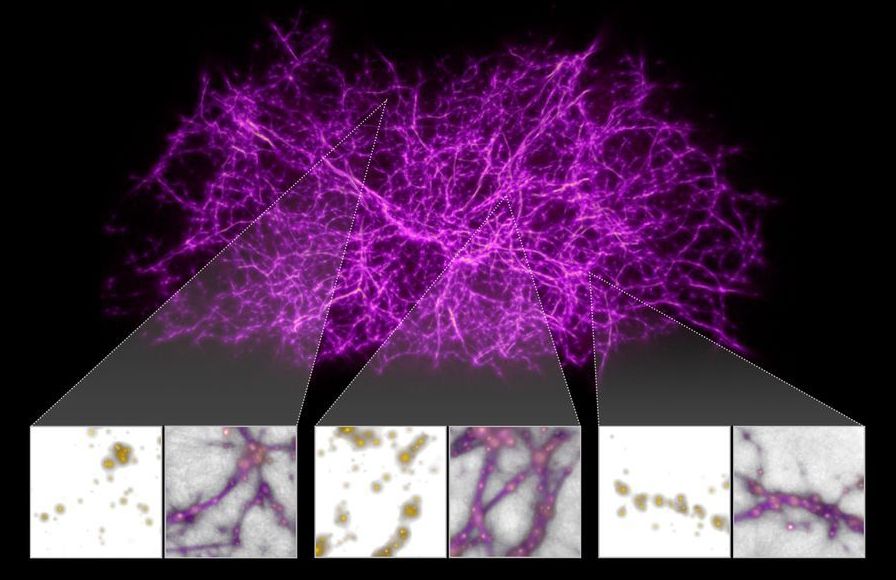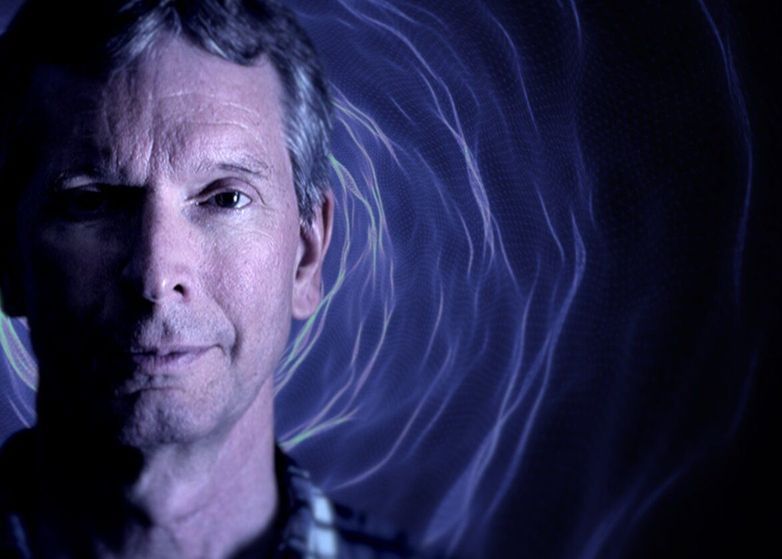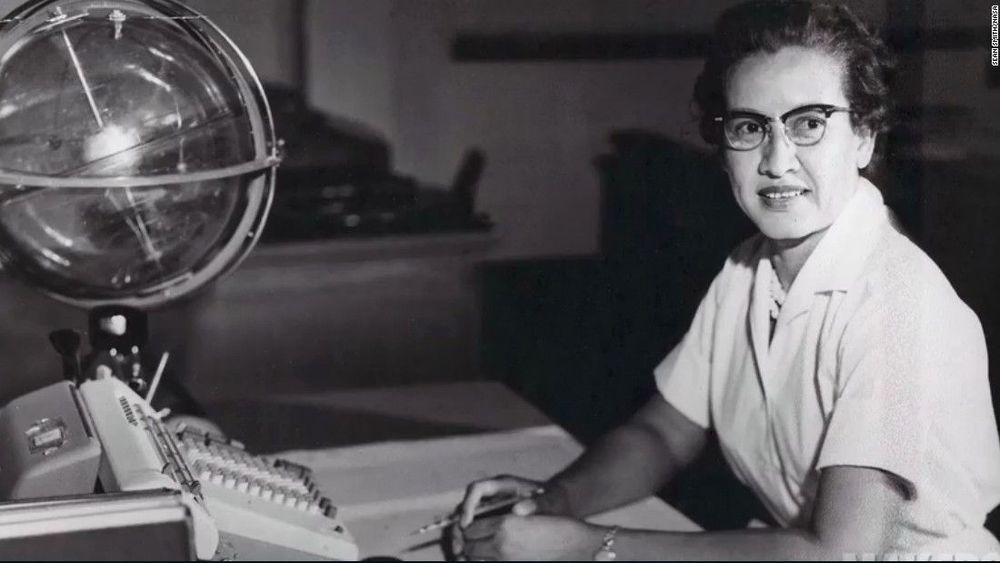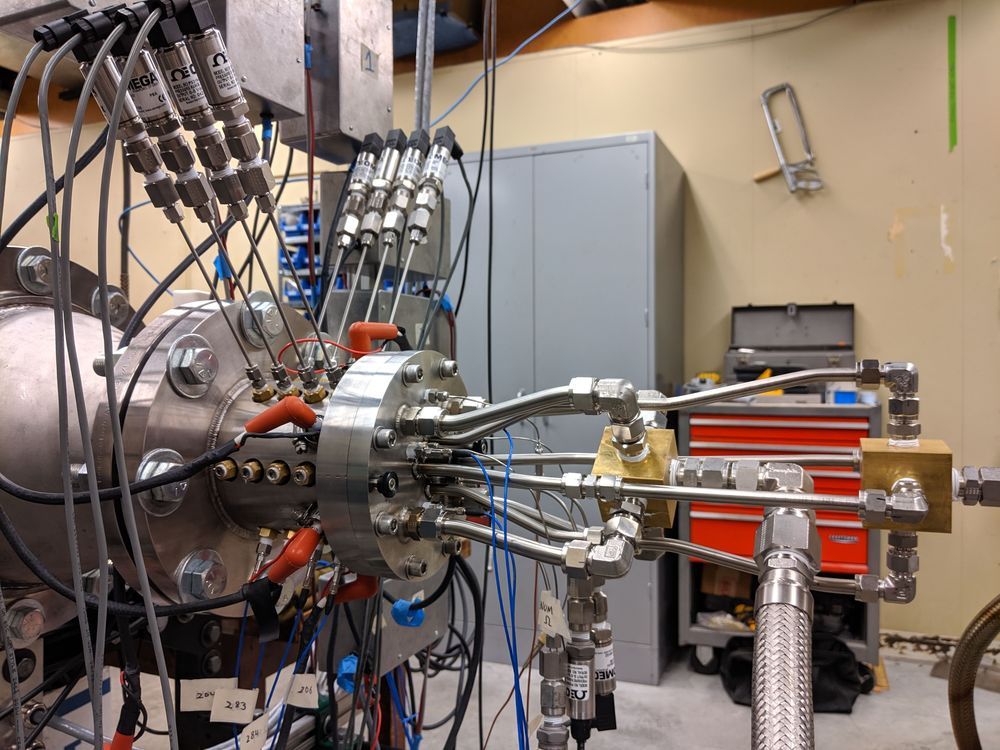Mar 25, 2020
Is nonlocality inherent in all identical particles in the universe?
Posted by Genevieve Klien in categories: computing, mathematics, particle physics, quantum physics
What is interaction, and when does it occur? Intuition suggests that the necessary condition for the interaction of independently created particles is their direct touch or contact through physical force carriers. In quantum mechanics, the result of the interaction is entanglement—the appearance of non-classical correlations in the system. It seems that quantum theory allows entanglement of independent particles without any contact. The fundamental identity of particles of the same kind is responsible for this phenomenon.
Quantum mechanics is currently the best and most accurate theory used by physicists to describe the world around us. Its characteristic feature, however, is the abstract mathematical language of quantum mechanics, notoriously leading to serious interpretational problems. The view of reality proposed by this theory is still a subject of scientific dispute that, over time, is only becoming hotter and more interesting. New research motivation and intriguing questions are brought forth by a fresh perspective resulting from the standpoint of quantum information and the enormous progress of experimental techniques. These allow verification of the conclusions drawn from subtle thought experiments directly related to the problem of interpretation. Moreover, researchers are now making enormous progress in the field of quantum communication and quantum computer technology, which significantly draws on non-classical resources offered by quantum mechanics.
Pawel Blasiak from the Institute of Nuclear Physics of the Polish Academy of Sciences in Krakow and Marcin Markiewicz from the University of Gdansk focus on analyzing widely accepted paradigms and theoretical concepts regarding the basics and interpretation of quantum mechanics. The researchers are trying to determine to what extent the intuitions used to describe quantum mechanical processes are justified in a realistic view of the world. For this purpose, they try to clarify specific theoretical ideas, often functioning in the form of vague intuitions, using the language of mathematics. This approach often results in the appearance of inspiring paradoxes. Of course, the more basic the concept to which a given paradox relates, the better, because it opens up new doors to deeper understanding a given problem.

















